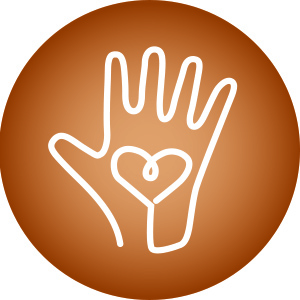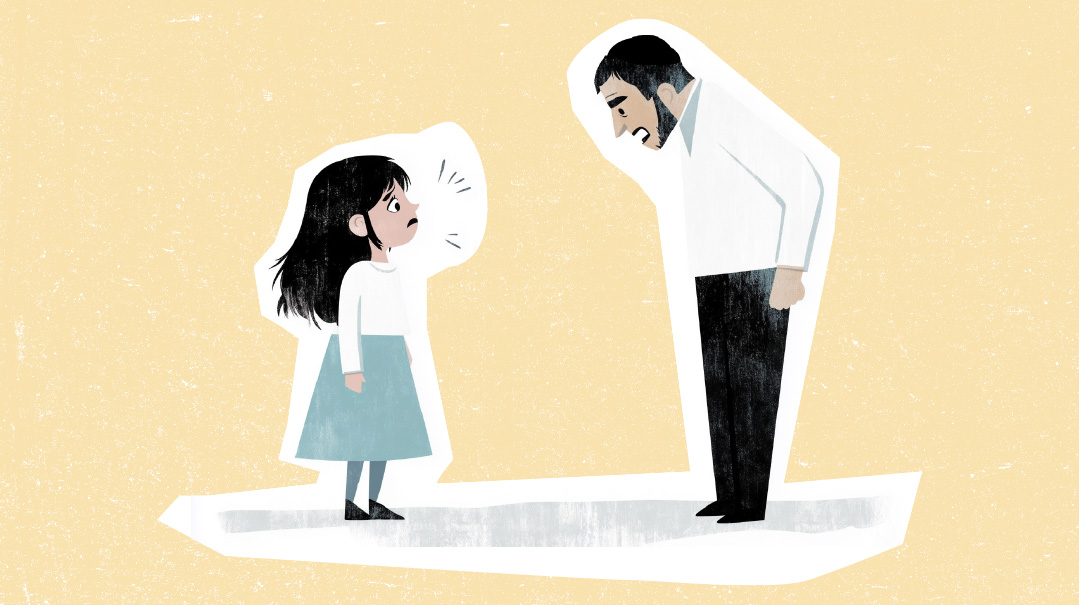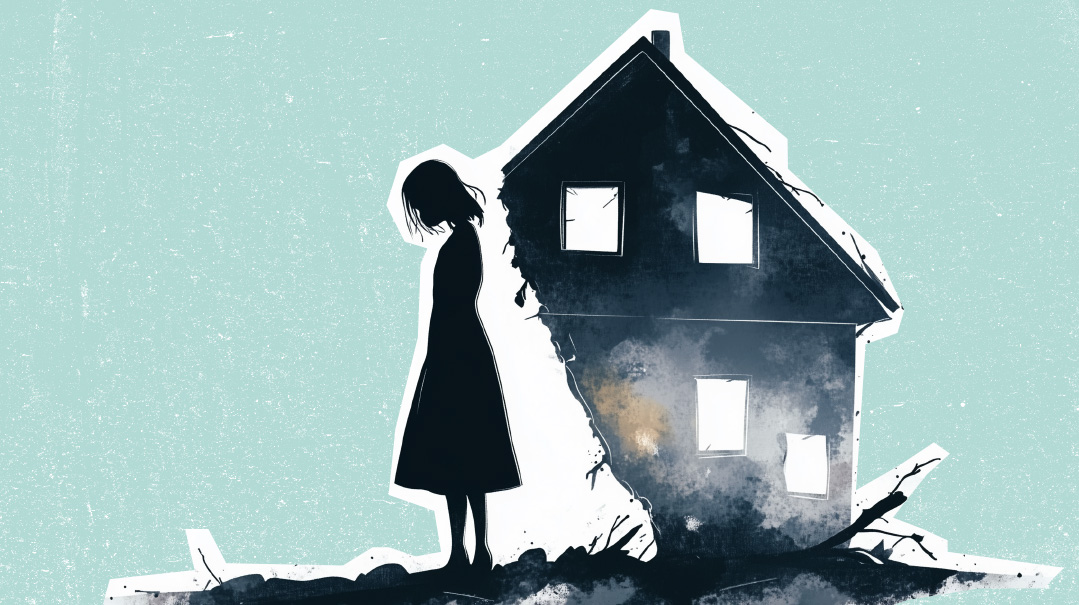“My Parents Think Therapy Will Ruin My Shidduchim”

In today’s day and age, psychological help is available in many forms

Q
I’m a 19-year-old girl on the threshold of real life, and I’ve been experiencing mild to moderate emotional instability in recent years. I’m leading a pretty normal life (at least on the outside, doing what should be done), but I’m feeling depressed and anxious often enough that it calls for attention and treatment.
I’ve spoken to my parents about it, but they’re fiercely against the idea of therapy, afraid that it’s going to ruin my name in shidduchim. I do think that a large contributing factor in my struggles is the environment I’m in, meaning marriage will in some ways provide a reprieve (although I’m not ready for marriage at this point).
I’m wondering what you think about getting help myself, behind my parents’ back, with the risk of consequences like anger and resentment on my parents’ end.
I hope you’re able to help — I’m pretty sure that I’m not the only one going through this. (I also hope my mom reads this, LOL).
A
You’re definitely in a challenging situation. You understand that your parents have your best interests at heart, in that the reason they don’t want you to go to a therapist is for the sake of shidduchim.
At the same time, you understand that your actual marital future is dependent on your emotional health, and you want to attend to that. Still, it seems that you recognize that your low mood and high anxiety may be stemming mostly from your current life situation (I assume this means the home environment you live in), and much of your distress will dissipate once you leave that environment.
While the halachic and hashkafic concerns of whether it is appropriate to “go behind your parents’ back” is something you need to discuss with your rav, I will make some comments on the psychological issues that your situation presents.
We all have our unique ways of responding to psychological stress. Some people are resilient by nature. They can live in a home characterized by chronic intense marital conflict and it rolls off of them — they remain happy, productive, socially competent, and otherwise unscathed. A sibling in the same home may react to the stress with escapist tendencies, becoming distracted, addicted, compulsive, or self-harming.
Another child in the family may develop pervasive hopelessness and low mood, another may have panic attacks. One son may adopt his abusive father’s personality, a daughter may perpetuate victimhood by marrying her own bully, and another may have endless relationship problems due to the development of c-PTSD (complex post-traumatic stress disorder — a condition that affects emotional and interpersonal functioning).
Unhealthy Stress Management
Our reactions to external stress depend on our genetic makeup. What you are seeing in yourself is your particular genetic tendency to react to stress with depressive and anxious symptoms.
While this particular stress will end when you leave home, your tendency to react to stress with depressive and anxious symptoms will not. If left untreated, it’s possible that the many stresses that life will bring — work, marriage, children, and everything else — will re-trigger these same symptoms.
Over time, in fact, symptoms can intensify both due to “practice” (the lifelong repetition of a neural circuit) and to “kindling” (the tendency to run the circuit more and more readily as the thoughts, feelings, behaviors, and physical sensations associated with the circuit are repeatedly primed and ready to go.) In other words, smaller frustrations, disappointments, and setbacks can lead to larger episodes of emotional distress over time.
For this reason, I do suggest you begin an early intervention, helping yourself to rewire your inborn tendency to fall into depressed and anxious states. But this doesn’t necessarily mean that you need to go to therapy behind your parents’ back.
Alternatives to Therapy
In today’s day and age, psychological help is available in many forms. I myself, for example, give courses through “Jewish Workshops” that offer many valuable skills for emotional healing and growth — and there are so many other practitioners who do the same through audio and/or video presentations. Your parents may be supportive of you getting help this way as it will not impact shidduchim negatively.
In addition, there are now many self-help books and self-help workbooks that are truly useful even when used on their own. Watching, listening, and reading these materials isn’t the same as working with a therapist, but much can still be gained.
While the self-help route would not be the avenue of choice for someone whose distress is overwhelming or prevents her from functioning well, it can certainly be pursued by those like yourself, who are managing to cope with daily life despite a certain level of emotional suffering. If and when you do pursue professional counseling, you’ll be further along your healing journey as a result of the work you do now.
(Originally featured in Family First, Issue 814)
Oops! We could not locate your form.





